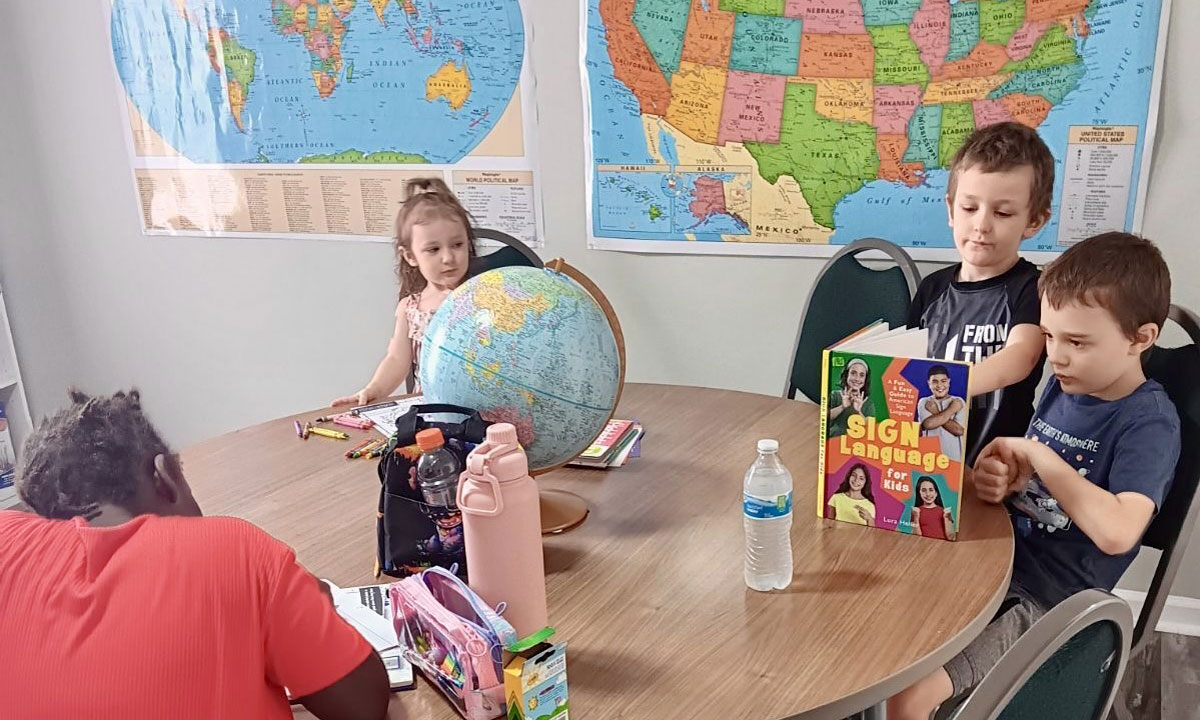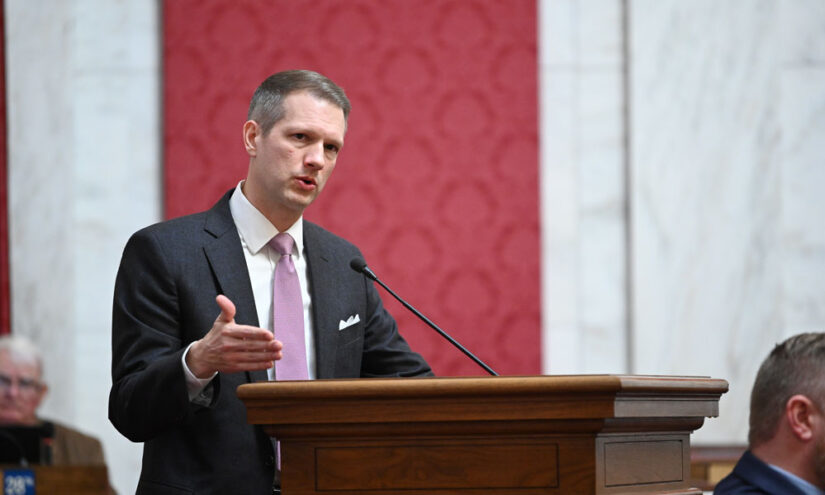West Virginia Permanently Bars Failed Microschool from Receiving State Funds
Hive Learning Academy sparked a nationwide debate over the vetting and accountability of the small, publicly-funded schools.

Get stories like these delivered straight to your inbox. Sign up for The 74 Newsletter
West Virginia officials have permanently barred a failed microschool that one parent described as a “glorified babysitter” from participating in the state’s Hope Scholarship private school choice program.
In a decision last week, the Hope Scholarship Board also directed state Treasurer Riley Moore’s office, which runs the program, to turn their findings over to the state auditor for possible criminal charges.

The 74 first reported in March that Hive Learning Academy, an education startup operating out of a rented house, was part of a state investigation into scholarship violations. One parent said the school abruptly stopped serving his son’s age group after only three days, made no mention of a refund and didn’t answer questions. Another said there were no set meal times and students just grabbed their lunches from the refrigerator.
Parents alerted officials to the problems, but Kaela Zimmerman, the homeschool parent who opened the program, said the state bears some responsibility.
“I feel like they are trying to make an example out of us to set a precedent even though the system truly failed us last year,” she told The 74. She added that she had no plans to reopen anyway. “It was a learning process for everyone. I wish they were willing to admit that and understand that we all did the best we could with the resources we had at the time.”
While the Martinsburg-based school ultimately served just eight students, the controversy raised larger questions nationwide about the expertise of those who start schools with public funds. Critics of such programs, known as education savings accounts, say there is a lack of sufficient oversight and that students suffer when programs abruptly close. But school choice supporters used the school’s failure to argue that market-based approaches like those in West Virginia work.
“This is the flashpoint for the conversation about what is accountability with education savings accounts,” said Michael Horn, co-founder of the Clayton Christensen Institute for Disruptive Innovation, a nonprofit think tank. He led a session on the topic at a conference in April and said drawing attention to problems and solutions will make programs better.
Don Soifer, who leads the National Microschooling Center, an advocacy group, noted that West Virginia lawmakers voted last year to allow families to spend ESA funds at microschools, but didn’t follow up with clear guidance on how the unconventional programs could participate.
“West Virginia simply had not anticipated a microschooling movement, and government was slow to respond,” he said. While the requirements on school founders are minimal — they must subject staff to criminal background checks and notify districts when students enroll — Soifer said the level of awareness in the state about the small programs has grown. “Things seem a whole lot better now. But the start was tricky.”
‘Everything was returned’
Launching the Hive was a greater risk than Zimmerman anticipated. She and a business partner opened the program last August and, lacking sufficient startup funds, dipped into their own money for furniture and supplies. Parents quickly spotted signs of trouble. The school’s schedule was inconsistent as operators worked other jobs to pay bills. Parents who visited the schools saw little evidence of academic work.
Ultimately, Zimmerman repaid the state over $15,000 and said she doesn’t understand why officials say she could face criminal charges.
“Everything was returned that needed to be returned,” she said. “No one from the Hope board has reached out to me a single time since they received our refunds.”
Jared Hunt, spokesman for the treasurer’s office, said the board sent Zimmerman notice of the official action and information on how to appeal. But he declined to answer additional questions due to the ongoing investigation.
To observers like Horn, the episode prompts additional questions for both parents and entrepreneurs seeking to open microschools.
“We’re in an environment where you’re seeing so many different microschools pop up with so many educators of different stripes starting them,” he said. “What’s the role of the state? What’s the role of parents? What’s the role of marketplaces in which students and families are making choices?”
Get stories like these delivered straight to your inbox. Sign up for The 74 Newsletter


